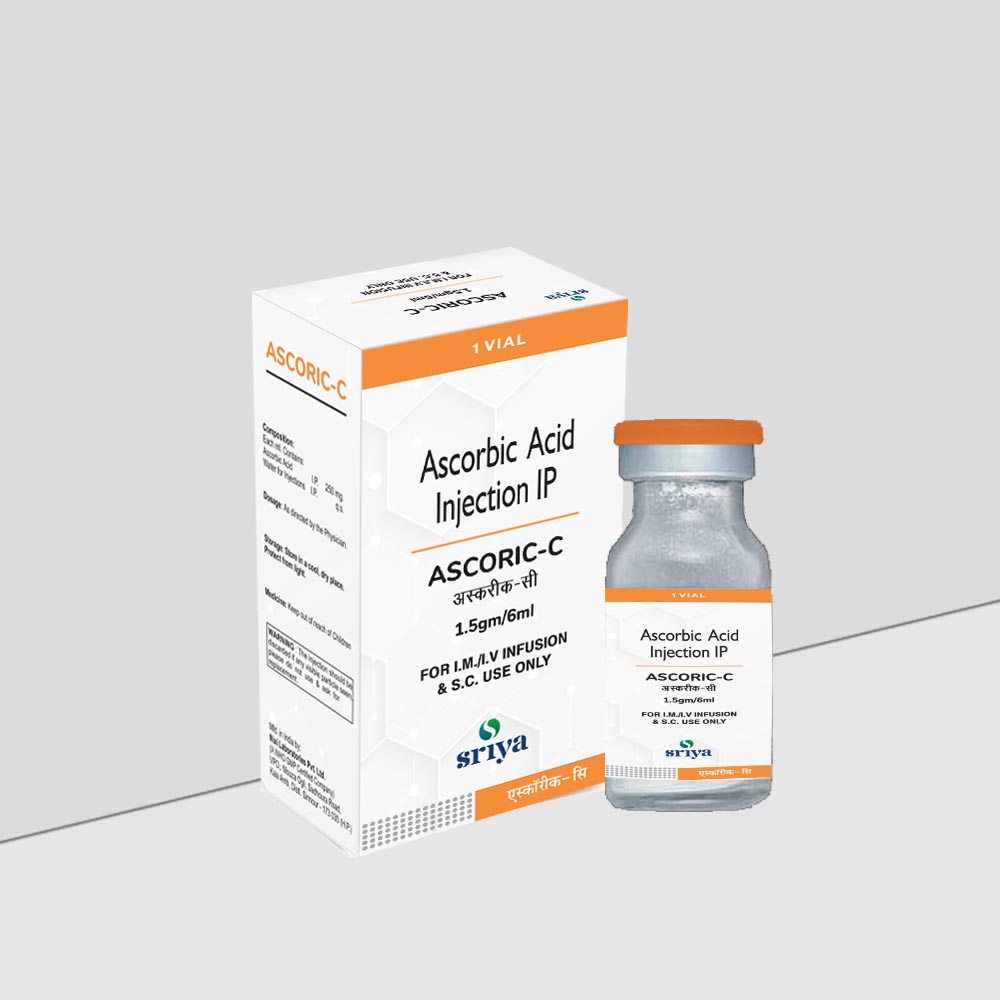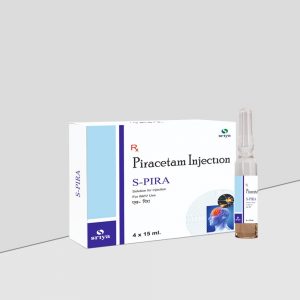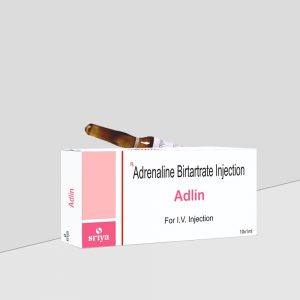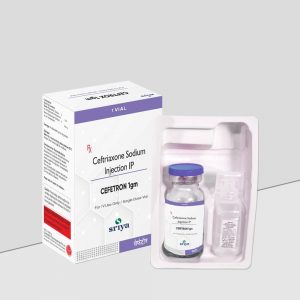Description
Ascorbic acid (vitamin C) is used as a dietary supplement when the amount of ascorbic acid in the diet is not enough. People most at risk for ascorbic acid deficiency are those with a limited variety of food in their diet, or who have intestinal malabsorption problems from cancer or kidney disease. Ascorbic acid is also used to prevent and treat scurvy (a disease that causes fatigue, gum swelling, joint pain, and poor wound healing from a lack of vitamin C in the body). Ascorbic acid is in a class of medications called antioxidants. It is needed by the body to help wounds heal, to enhance the absorption of iron from plant foods, and to support the immune system. It works as an antioxidant to protect your cells against free radicals, which may play a role in heart disease, cancer, and other diseases.
Ascorbic acid comes in extended-release (long-acting) capsules and tablets, lozenges, chewable tablets, chewable gels (gummies), and liquid drops to be given by mouth. It usually is taken once a day or as directed by your doctor. Ascorbic acid is available without a prescription, but your doctor may prescribe ascorbic acid to treat certain conditions. Follow the directions on the package or on your product label or doctor’s instructions carefully, and ask your doctor or pharmacist to explain any part you do not understand. Take ascorbic acid exactly as directed. Do not take more or less of it or take it more often than recommended by your doctor.
It may take up to 4 weeks for symptoms of scurvy to improve.
Ascorbic acid supplements are available alone and in combination with other vitamins.
Ascorbic acid may cause side effects. Tell your doctor if either of these symptoms is severe or does not go away:
- diarrhea
- nausea
- heartburn
- fatigue
- flushing
- headache
- difficulty falling asleep or staying asleep
- gas
Ascorbic acid may cause other side effects. Call your doctor if you have any unusual problems while taking this vitamin.






Reviews
There are no reviews yet.